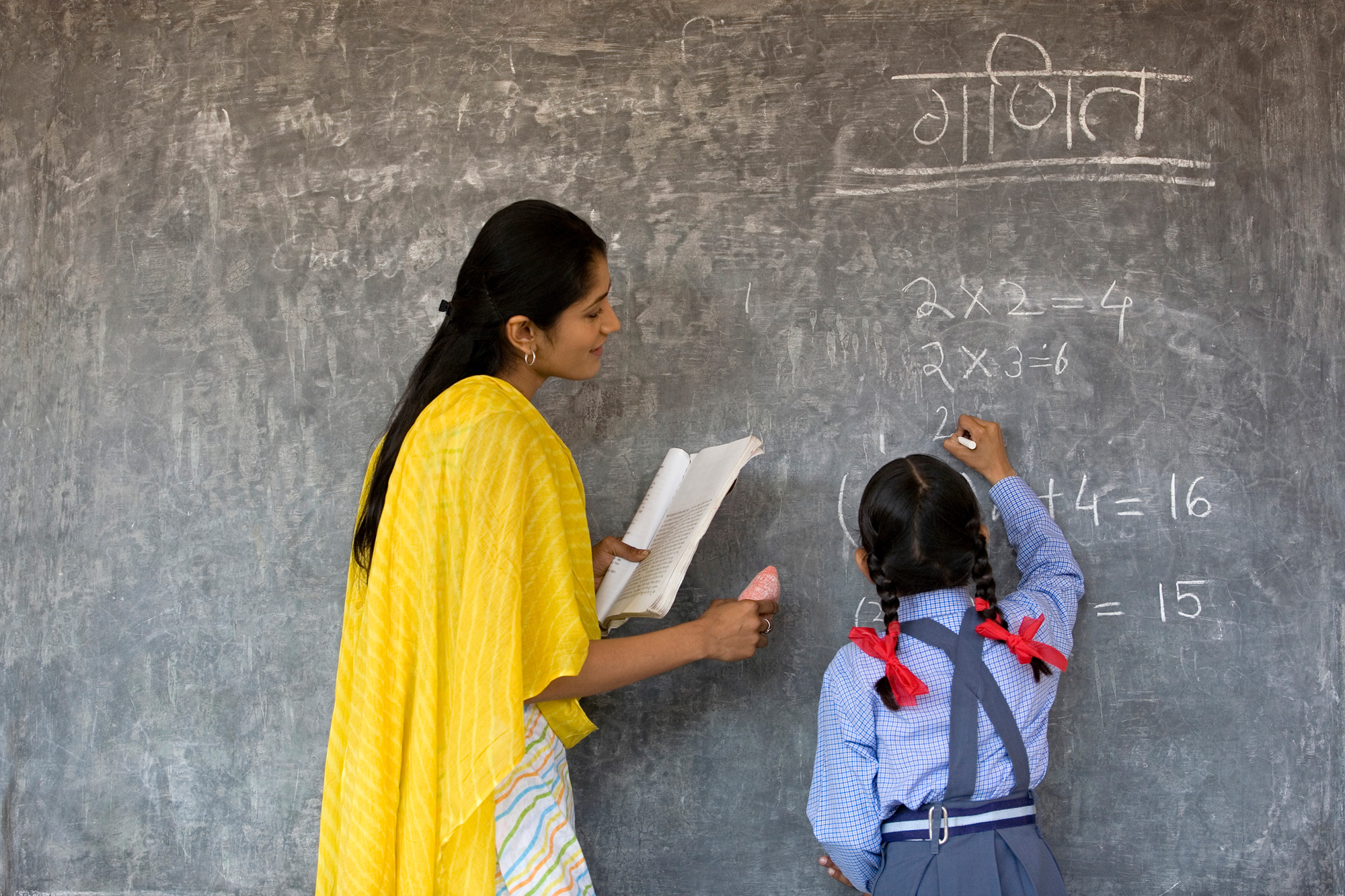Education is posited as a right in political systems all around the world, as it rightly should be. What then are the markers used to carry out a comprehensive assessment of this right? Should the rate of literacy of a nation or society be the lens through which the success of educational endeavours is judged? Or is the notion of inclusion — which ties in with the principle of education being universal — a more significant and democratic means to map the reach of education? If it is the latter, then the United Nations Educational, Scientific and Cultural Organization’s Global Education Monitoring Report for 2019 not only establishes how dismally societies around the globe have performed in ensuring that children from migrant and refugee communities get access to quality education, but also provides eye-opening data about the improvements that can be made.
For one, it punctures the myth that education cannot be universalized unless the country in question is affluent. Among the countries that have made headway in including refugees in their education systems are low-income nations such as Chad, Ethiopia and Uganda. Is there a case, then, for examining their education models, especially for a nation like India in which initiatives, as the UN report acknowledges, have taken a lot of time to respond to the educational needs of migrants? Moreover, the questions of access and quality must also be addressed, given that many nations — including Australia — grant only limited access to migrants, and suffer from a stark shortage of teachers who are trained to fulfil the needs of students from displaced communities. Most significant, however, is the adverse impact that the politicization of migration — this is further evidence of a deep cultural prejudice — has had on the displaced people. In order to deal with this, not only does policy have to be amended and governmental investments made in terms of funds and infrastructure, but curriculum also has to be shaped to include displacement histories and experiences. The Canadian educational model achieves this to an admirable degree. This kind of accommodation will serve as an effective tool for sensitizing political leaderships and civil society to the need to honour the right to inclusive education.











